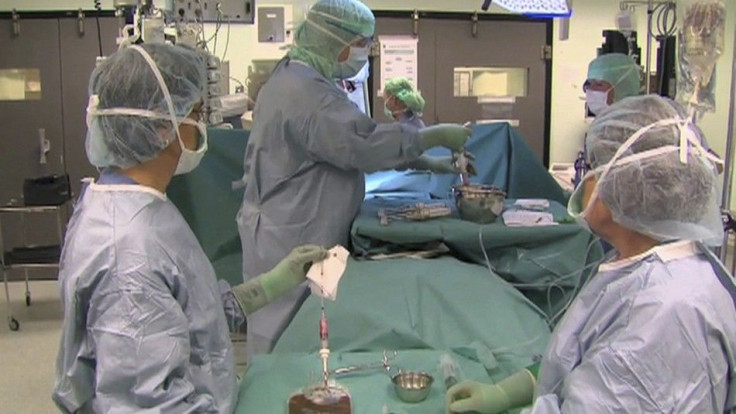Breast Cancer and Cervical Cancer Kill 625,000 Women a Year, Study Finds

Breast cancer and cervical cancer kill 625,000 women every year, according to a new study published in the medical journal The Lancet, which shows the diseases are on the rise.
There were 1.6 million cases of breast cancer and 454,000 cases of cervical cancer worldwide in 2010, the study found. The lead author of the paper was Dr. Christopher J.L. Murray, of the University of Washington, Seattle.
To put the death toll in perspective, 625,000 deaths a year is equivalent to six jumbo jets crashing every single day, one of the researchers, Jan W. Coebergh of Erasmus University Medical Center in Rotterdam, wrote in a report accompanying the study results. It is also nearly twice the number of women who die in childbirth each year.
Women in developing countries were disproportionately affected. Women under age 50 in developed countries accounted for just 10 percent of deaths from breast and cervical cancer, while women under age 50 in developing countries accounted for 23 percent of deaths from breast cancer and 34 percent of deaths from cervical cancer.
Interestingly, among women 50 and older, two-thirds of breast cancer cases occurred in developed nations, but two-thirds of cervical cancer cases occurred in developing nations. The reasons for the disparity were not clear.
Why the numbers are increasing overall is also uncertain, but the researchers had some guesses. Increases in the absolute number of cases and deaths are driven by the interaction of three distinct reasons: rising population numbers in women of at-risk age, population aging such that the median age is rising in most regions, and changes in age-specific incidence and death rates, they wrote in the study.
These sobering statistics underscore the need for preventative measures, such as making mammograms affordable for more women so that breast cancer can be diagnosed and treated early.
Routine pap smears can do the same for cervical cancer, but the risk of cervical cancer can also be reduced by getting vaccinated against HPV, a sexually transmitted virus that is responsible for most cases of cervical cancer. Two HPV vaccines, Gardasil and Cervarix, have both been approved by the Food and Drug Administration, and they are recommended for pre-teen and young teenage girls, before they become sexually active.
© Copyright IBTimes 2024. All rights reserved.





















